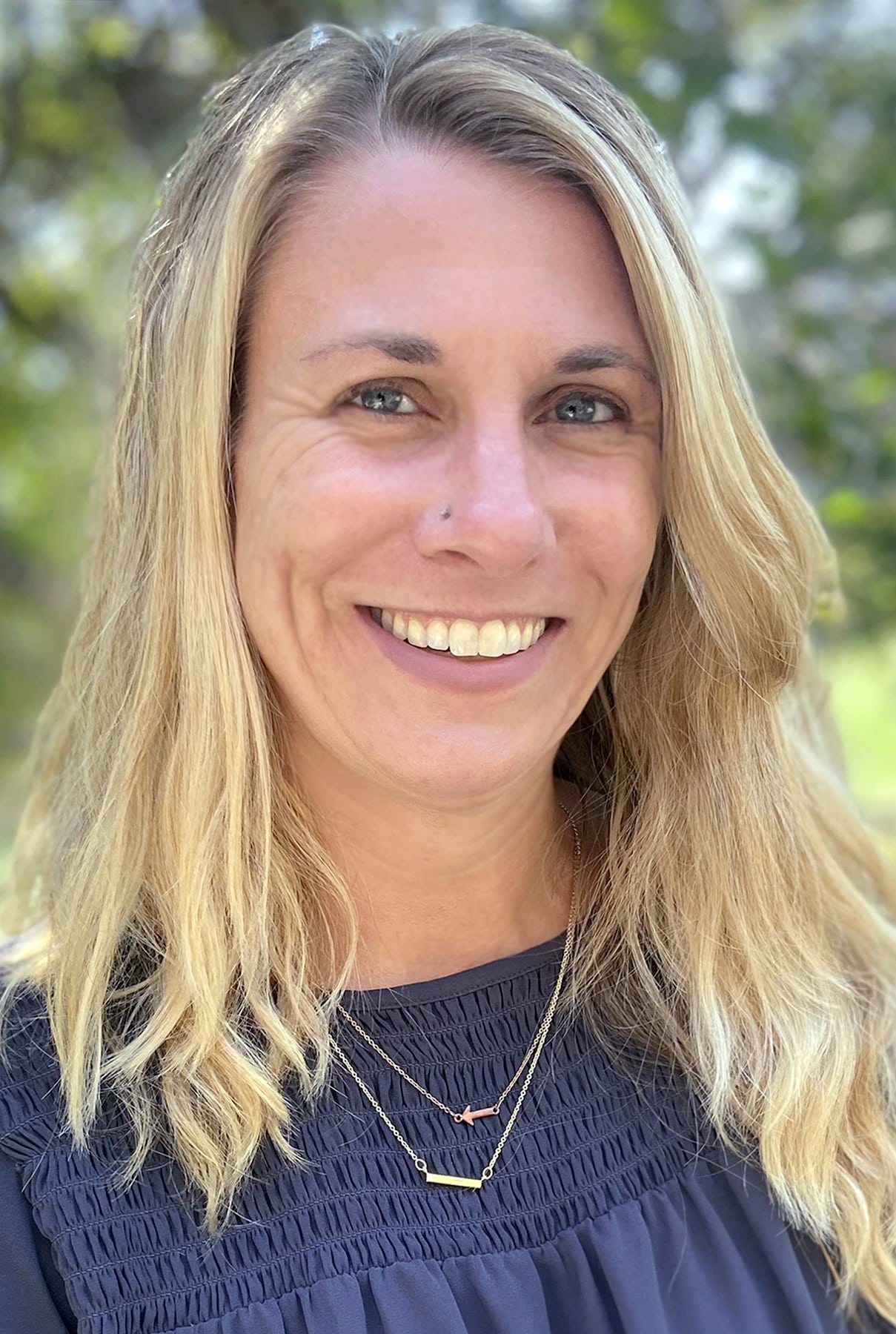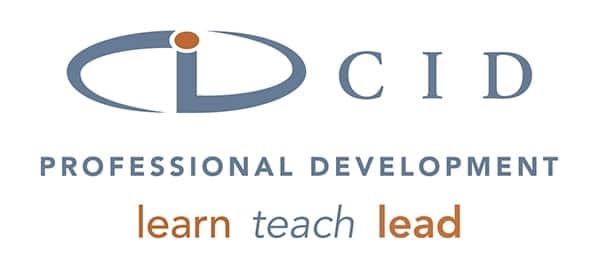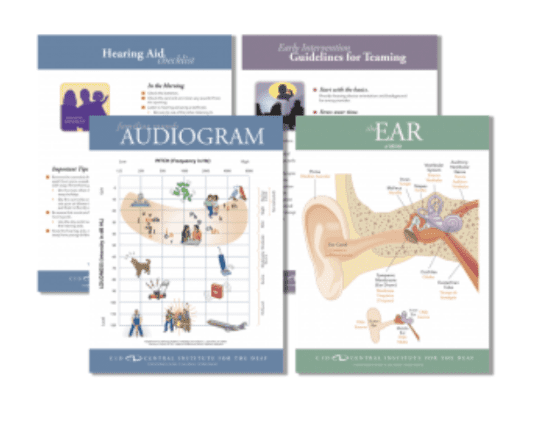The times, they are a changin’ (and have been changing) in the field of deaf education. Today, more and more students who are Deaf and Hard of Hearing are being taught within the regular classroom in a mainstream setting. This is for a variety of reasons, including: the passing of the Individuals with Disabilities Act (IDEA), increasing technologies (e.g., cochlear implants, FM systems) and a wider variety of professionals available to support students with hearing loss (e.g., interpreters and paraprofessionals) (Foster and Cue, 2009). With this shift in student placement, comes the need for teachers of the deaf to shift their way of teaching.
Whereas in the past, teachers of the deaf were trained to provide direct instruction individually or to a small group of students, they are now often required to provide consultative services for general education teachers (Foster and Cue, 2009). These consultative services can include: providing strategies for working with students with hearing loss, offering instruction about reading audiograms and handling devices, and planning lessons alongside the general education teacher. And although it is encouraging that students with hearing loss are being included in the general education classroom, the preparedness of teachers of the deaf to assume this changing role should be considered. A study conducted by Susan Foster and Katie Cue found that of the skills that itinerant teachers of the deaf are expected to use on a daily basis, only 17% of these were learned in educational preparedness programs; a majority of them (65%) were learned while on the job.
These statistics raise the question of, how can we better prepare professionals before they enter the field of deaf education, as well as reiterate the need for consistent and ongoing continuing education for those professionals already in the field.
With technological advances and new legislature, not to mention serving students with additional diagnoses, deaf education is continually evolving. And with continual changes, comes the need for continual learning. If we want students to reach their full potential, we must reach ours, too.
Let CID help with your continuing education needs. Click on this link for information about our professional development offerings.

Jessica Klein is a speech-language pathologist. In addition to working at CID, she has worked in a public school setting, serving elementary-age students. Ms. Klein has co-authored several workshops, presented at a variety of professional conferences and written an online course about developing literacy skills in students who are deaf and hard of hearing. Most recently, she co-authored the SPICE for Life Second Edition auditory training curriculum.












